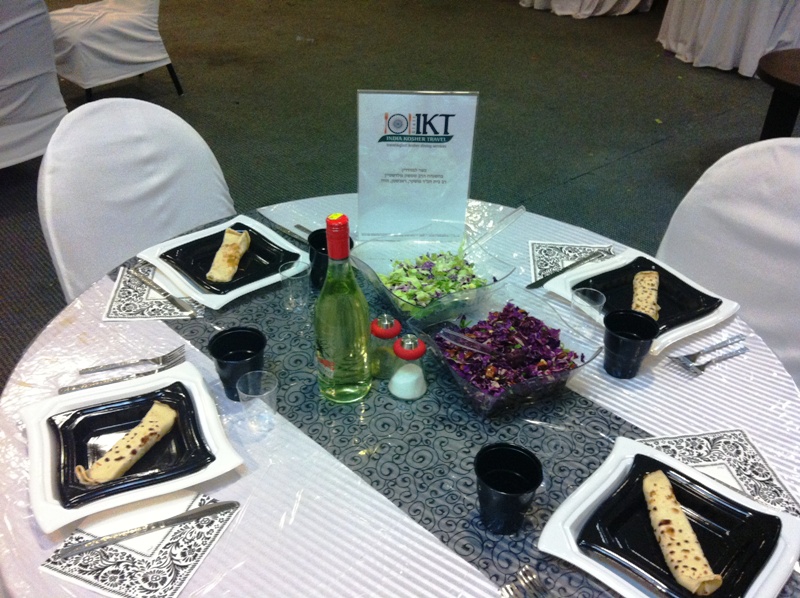Since the State of Israel was established, over 300,000 Romanian Jews have immigrated to their new home. Today, Andrei joins me at a Tel Aviv café to tell me his own story.
Andrei’s Story
A university professor here in Tel Aviv, Andrei claims the distinction of being one of the immigrants who were part of the infamous “ransomed” Romanian Jews. These individuals were only allowed to immigrate if payments were made by Israel. For almost 40 years, until the overthrow of Romanian dictator Nicolae Ceausescu, Jews were literally sold to Israel in order to raise funds for the country. Payments per immigrant ranged from $2,000 to $50,000. While the practice was morally repellent, Israel cooperated with payments in order to ensure the safe immigration of Jews who wished to escape a repressive country.
Andrei left Romania in 1986, when he was 26. “I grew up knowing that Romanians Jews were no longer ‘at home’ in their country. I had heard my father’s stories about the persecution he faced after the Holocaust. He had excellent academic credentials, but was forced to work in construction after he was kicked out of the university.” By the time he came of age, Andrei was committed to making the move to Israel. When he finally was able to arrange to leave, he was only able to take a single piece of luggage with him, after signing a legal form that thanked Romania for accepting the “gift” that provided his ransom.
After arriving in Israel, Andrei focused on completing his academic application, determined to follow in his father’s footsteps, and establish his own university teaching career. Today he teaches history at the local university and writes about his experiences as a Romanian-born Jew.
The Jews of Romania
Out of a total population of over 23 million, only around 14,000 Jews remain in Romania today. According to the Federation of Jewish Communities, 8,000 of this number are settled in Bucharest, the country’s capital. This number represents a steep decline from a pre-World War II population of almost 800,000 Romanian-born Jews. With losses of over 400,000 in the Holocaust and 300,000 more to emigration, Romania’s bitter history of Jewish mistreatment has taken a staggering toll.
In recent years, a small Jewish renaissance has begun to take place in parts of Romania. Renovations were recently completed on the country’s Yeshoah Tova synagogue, which had lain in disrepair for decades, until Chabad purchased the building and established a shul. Today, no security is present at the synagogue, where people come and go freely, carrying holy books and laptop computers to work on their religious studies. A Jewish school has been established there, as well as a kindergarten with 100 students. Kosher meals are served twice a day, and about 300 residents of the primarily Ashkenazic Jewish community gather every Shabbat for religious services. Overt anti-Semitism appears greatly reduced.
Romanian Jews in Israel
Over 380,000 Romanian Jews live in Israel today, constituting the third largest community in the country. Andrei notes that some Romanian Jews living in Israel have mixed feelings about the Jewish rebirth in contemporary Romania. “On one hand, they sacrificed literally everything they had to escape persecution and come to Israel, and now they see that the sacrifice may no longer be as necessary. On the other hand, they are happy that a Jewish community may thrive again in the country of their birth.”
As we drink tea and eat uga or sweets at the café, Andrei smiles fondly as he reminisces. “Of course, I miss many things about Romania– the countryside, good neighbors, the long cultural history of our people. But Israel is my true homeland now; it’s true.” He gestures around him. “This is a country of both ideas and action. I can believe and speak without fear — something my father was not able to say. And that, my friend, is good.”



